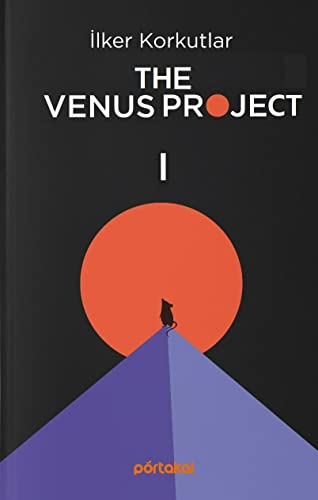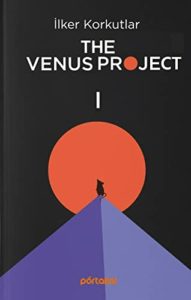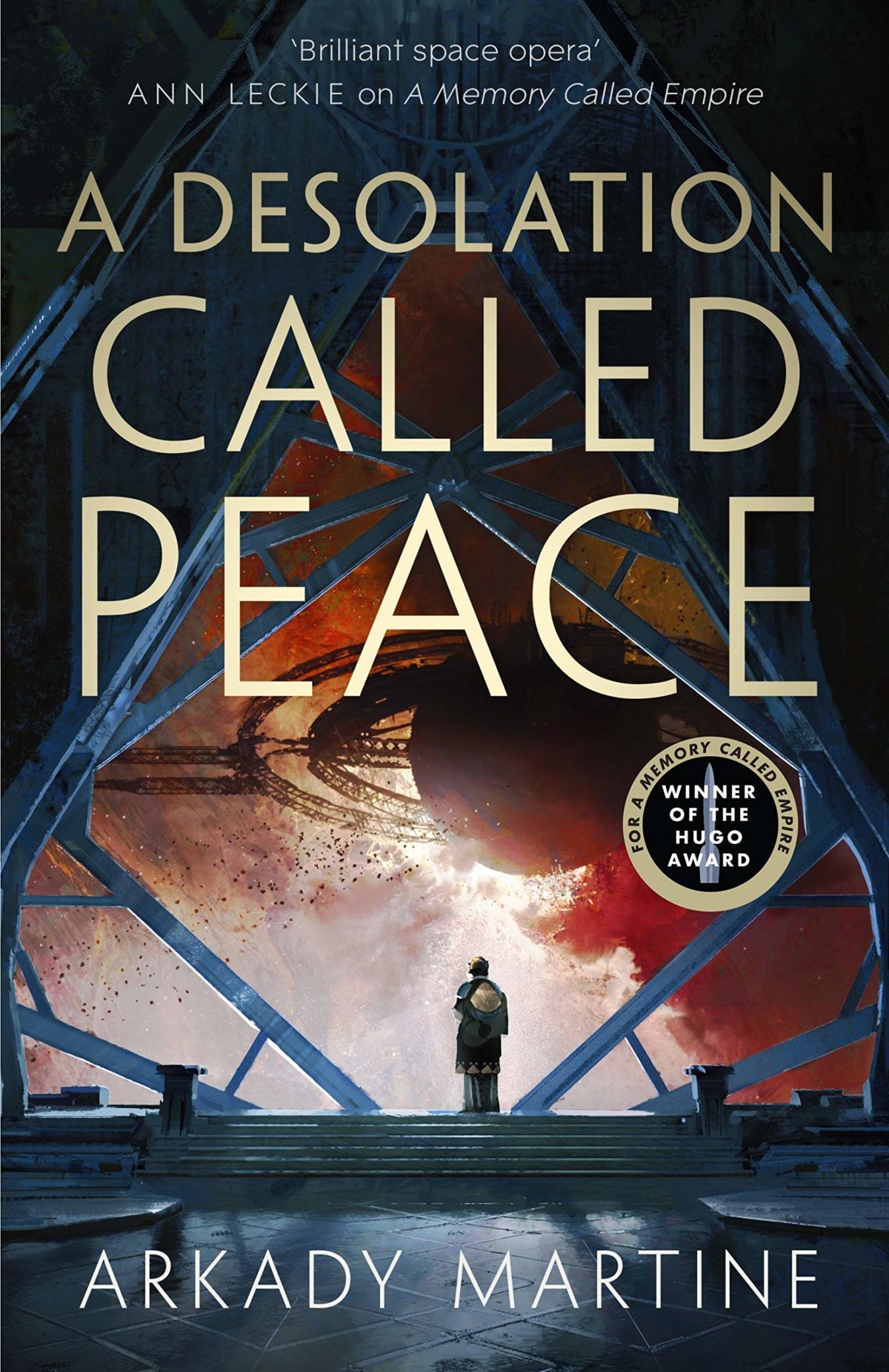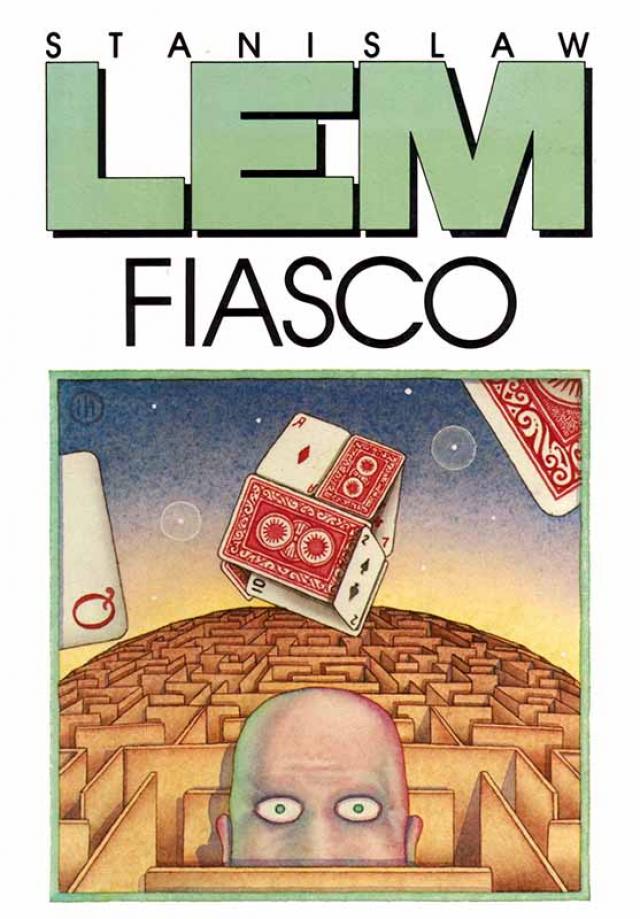I’m back from a whirlwind vacation in Paris, my first-ever trip to The Continent proper. I quickly realized that tourism in The City of Light leans a great deal on its literary history: the exclusive, posh Bar Hemingway at the Ritz Paris; the ascension of Les Deux Magots and Café de Flore into sightseeing destinations; the queue to get into Shakespeare and Company. This isn’t a post about my vacation, though. It’s about a book I bought (and read) in Paris. I mention Paris and my vacation because that’s the only reason this book fell into my lap. I was unaware of it, wasn’t looking for it, and wasn’t necessarily intending to ever read it.
Even though my travel companions and I stopped by Shakespeare and Company shortly after it opened for the day on a Thursday, the store was already crowded. Between the jostles and the bumps of people, and the knowledge that there was likely a queue building outside, it was hard to get into the mindset of leisurely browsing the books. In the stress of the moment I decided to focus on getting something either in French or about Paris, rather than something I could buy any old time. Et voilà: A Waiter in Paris.
Edward Chisholm and his girlfriend move from London to Paris and he decides, for nebulous “I’m going to prove something to myself” reasons, to become a waiter. A Waiter in Paris is his account of an eight-month stint at a fashionable bistro and a book-length expansion on his 2013 piece for the New York Times, “Notes from a Parisian Kitchen.” (Link is to an unpaywalled PDF version for your ease of reading.) Less generously, it’s an overly self-serious version of Rob McKittrick’s 2005 comedy Waiting.
A Waiter in Paris has glowing reviews everywhere. Publishers Weekly, Radio New Zealand…even the 3-star reviews on GoodReads are still faintly positive. Most of them seem spellbound by one, or both, of the following:
- Chisholm’s depiction of the labor conditions in a French bistro
- Chisholm’s observations of French (or at least Parisian) society
While I won’t fault reviewers who haven’t lived or worked in Paris, I’m concerned that anyone in the Year of Our Lord 2022 could be genuinely shocked and appalled at restaurant labor practices. Did anyone writing these reviews ever work a service job?
Bereft of the one-two punch of “working class tourism” and “cultural observations,” there isn’t much left of interest in A Waiter in Paris. Chisholm’s writing is fluid and readable, certainly, but there are a couple tics he has that border on purple prose (overblown Greek mythological allusions) or just plain “trying too hard” (too many attempts to work “liberté, égalité, fraternité” references into the narrative). He also cites Down and Out in Paris and London as a major influence, which—never remind people in the middle of your own book that there’s a better one they could be reading instead. You’re only going to invite an unfavorable comparison.
The unfavorable comparison in this case is that Chisholm could learn a thing or two from Orwell about narrative distance and detachment. Down and Out leaves plenty of room for the other people Orwell encounters, while A Waiter is essentially The Edward Chisholm Story, with his fellow restaurant staff as background characters. This reaches its peak in a couple episodes that have a very powerful r/ThatHappened vibe. Not that I doubt they happened, but rather that they serve no purpose in the book except as evidence that the other waiters like Chisholm, maybe even see something special in him.
And that’s kind of where it falls apart for me. Underneath the razzle-dazzle, it’s just The Edward Chisholm Story, and Chisholm is, demographically speaking, exactly the kind of guy I went to college with—the kind of guy reading this book to begin with. A kind of guy with which I’m well familiar by this point. The real interesting part is the other people working in the bistro, but at the end of the day we don’t get all that much about any of them.
Of course, eight months isn’t exactly long enough to build enough trust with someone to find out their life story. Especially in a chaotic atmosphere like a restaurant where there’s not necessarily a lot of downtime to make smalltalk, and when you haven’t yet mastered your French, and when people will come and go at random. But whatever part of personal biography you can’t access or divulge, you can make up for by providing larger context and history, even if a nutshell version, and there’s nothing of that in here. What conflict was our Tamil Freedom Fighter actually involved in? What’s the prevailing French attitude towards the Portuguese? Are there historical or social reasons the Maghrebi waiter is so (seemingly hypocritically) dismissive of les africanes? The intersection of politics and history in the kitchen of just about every restaurant in Paris (and probably in most of Europe, if not the world) is a great lens through which to examine colonization and globalization. Missed opportunity, in other words.
At the end of the day, though, it was the writing that put me off A Waiter in Paris more than anything else. I’ll close out my thoughts by returning to that aspect of it, because this was the most damning aspect of all.
There is a sort of arch tone that expats take in their writing, including yours truly. (I’m the guiltiest of all.) On one hand, we make evident our limitations by conceding we don’t speak the language well enough yet, or loudly bemoaning that this or that thing is utterly opaque or impenetrable to us. But on the other hand, we relish the idea of others considering us insiders or experts, since from their perspective that’s exactly what we are, and so we continue to hold forth. Maybe I recognized too much of myself—or projected too much of myself—in the writing and in my imaginary version of Chisholm to really enjoy the book.
In other words: “It’s not you, it’s me.”







